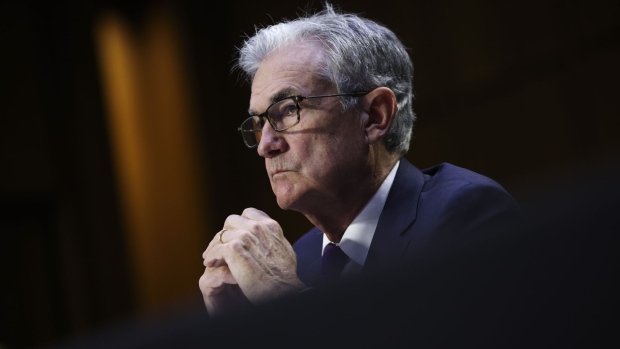
Powell risks rerun of 1960s inflation from confusing jobs market
BNN Bloomberg
In the late 1960s, U.S. economic policy makers misjudged how hot they could run the jobs market without fanning inflation. The miscue paved the way for an economically debilitating wage-price spiral the following decade.
In the late 1960s, U.S. economic policy makers misjudged how hot they could run the jobs market without fanning inflation. The miscue paved the way for an economically debilitating wage-price spiral the following decade.
Now, some economists are wondering whether Federal Reserve Chairman Jerome Powell and his colleagues are making the same mistake. They’re aggressively pushing for a return to the pre-pandemic labor market of half-century-low joblessness despite widespread worker shortages, rising wages and surging inflation.
“We could hit full employment earlier than people expect,” said Ethan Harris, head of global economics research at Bank of America Securities. “The risk of seriously overshooting the Fed’s 2 per cent inflation target has grown a lot.”
Fed policy makers meeting this week are expected to decide to scale back their massive bond-purchase program as the economy continues to recover from the pandemic.
Powell acknowledged recently that the risks to inflation are “clearly” to the upside but stuck with his base case that price pressures will eventually ebb as supply-chain kinks are worked out. The personal consumption expenditures price index - the inflation gauge the Fed targets - rose 4.4 per cent in September from a year earlier.
“We can be patient” in raising interest rates and “allow the labor market to heal,” Powell told a virtual panel discussion on Oct. 22.
